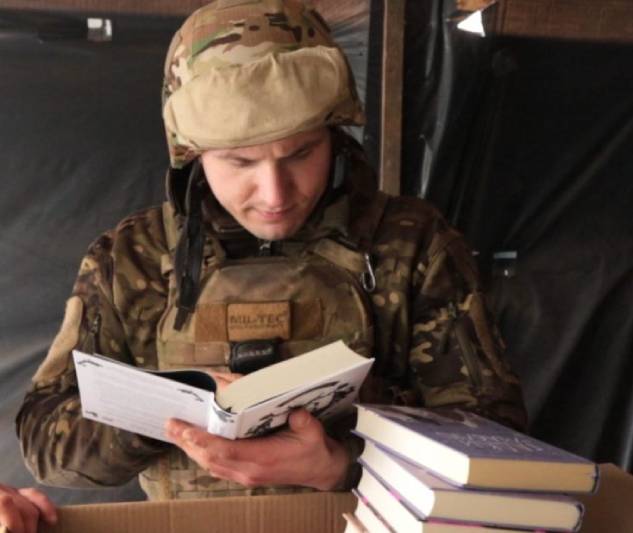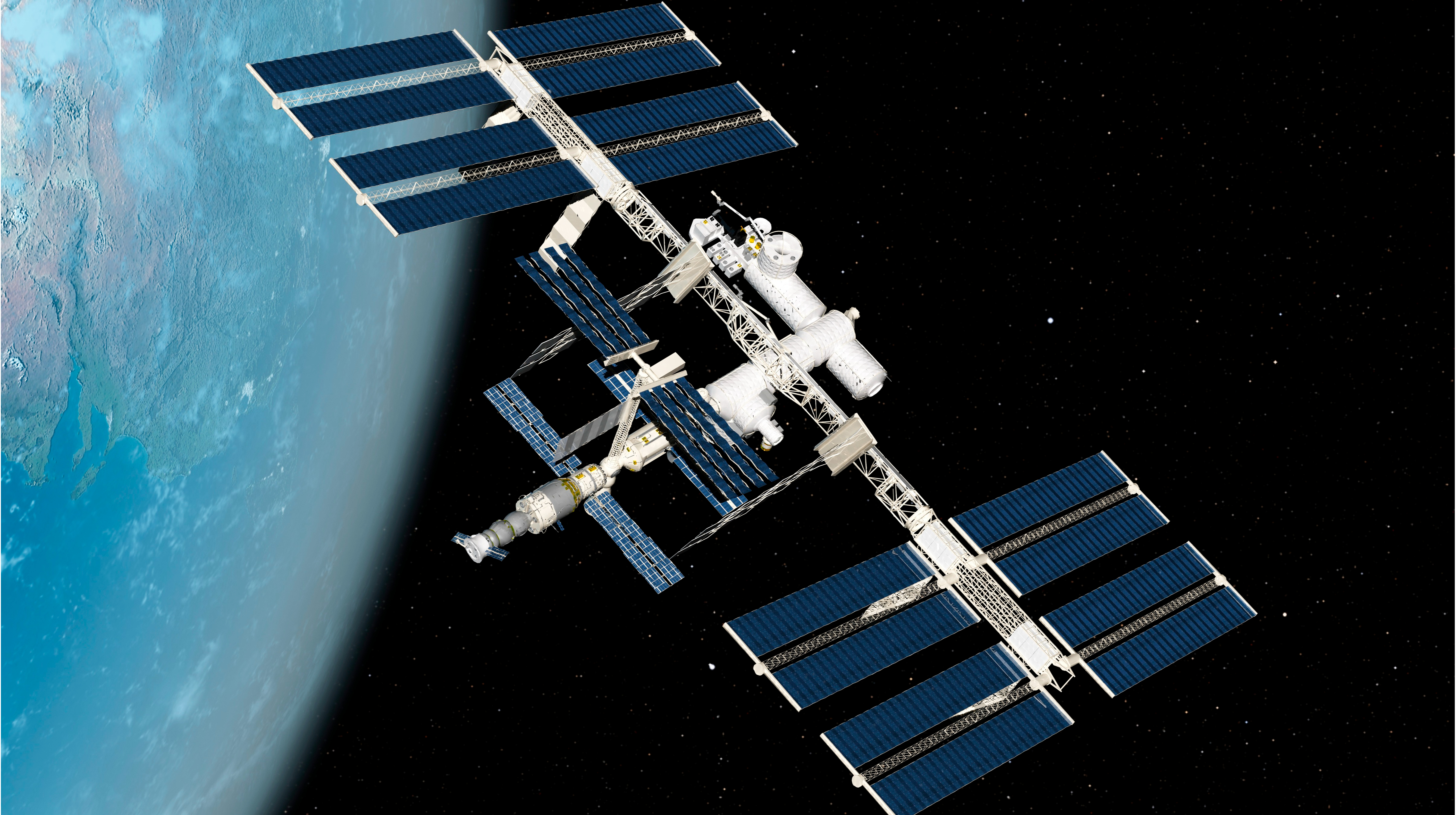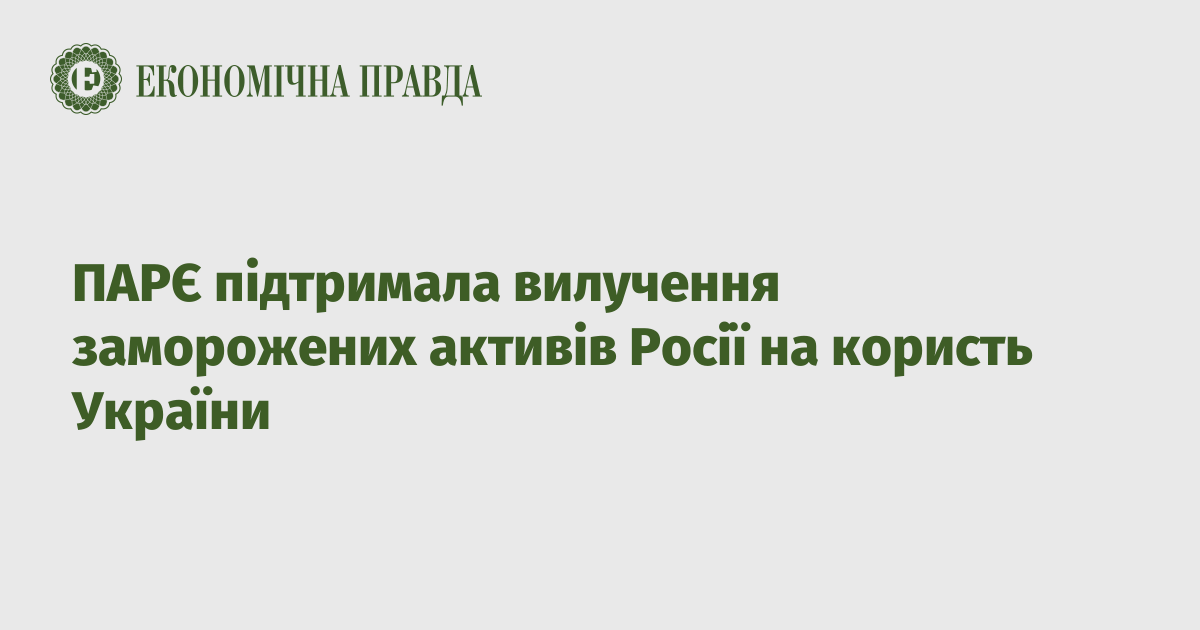War and books. A weapon, a tool for healing and development

During the Second World War, 122 million books were sent to the front in the US military, which created a nation of readers.
Russia plans to import 2.5 million copies of propaganda literature to the occupied territories and is systematically destroying Ukrainian libraries.
In Ukraine during the war, there is no provision for the purchase of books by the military and libraries at state expense.
When answering the question why Ukraine was not captured in three days, we hear theses about values and culture. Today we exist because, despite the long years of oppression and statelessness, there were books that were the bearers of values that are still defended with arms in hand. However, at the state level about the culture itself as there is no mention of the strategic factor of achieving victory and successful recovery. Those who turn to the high-profile Ukraine Facility reconstruction plan, where the needs of the entire cultural sector were not taken into account during the allocation of EU funds for reconstruction, may get the impression that culture, in particular, is “not up to date.” And according to the “best” ideals of the Marxist approach, the basis is the economy, while culture is only a decorative element, the absence of which does not change anything.
The book is a weapon
If you turn to US experience with implementation of book strategies, then 1943 became a year of risky adventure: American publishers decided to sell paperback books to the armed forces for 6 cents per copy. These were the best books, the most ideologically valuable and important publications, the number of which reached more than 122 million copies within four years.
The so-called “Imperative” was created by the Wartime Book Council, consisting of both editors-literate-critics and military personnel – a list of must-read books that had a particularly positive effect on the morale and thinking of Americans. This institution popularized reading, influenced Americans’ understanding of military actions through the book, fueled the desire to win, presented the book as a way to understand and thus overcome one’s enemy, involved people in thinking about the problems of war and post-war life.
Russia today is also clearly aware of the ideological significance of books – during the full-scale invasion, it destroyed more than 220 libraries in Ukraine, about 400 structures were damaged, almost 200 million copies of the book collection were destroyed. Putin announced plans to import more than 2.5 million copies of books to school and public libraries in the so-called “new regions of the Russian Federation”.
What is this, if not a direct proof that books are really a weapon in the war of ideas and values?
It should be noted that certain volunteer and public initiatives are being implemented in Ukraine to provide military books. In particular, even before the full-scale invasion, the NGO “Reformatsia” realized the need for reading as one of the main factors in the formation of the Ukrainian military personality. Since 2020, the “Army Reads” project has been operating, thanks to which more than 45,000 books were delivered to military educational institutions, hospitals, units and units. From February 24, 2022, the “Printing of manuals and statutes for the Armed Forces” was launched, thanks to which the army received about 41,000 copies. Among other initiatives are the Rivnovaga Project and the Cultural Landing, which take care of cultural and psychological support for the military, in particular providing books to military units.
These are just a few examples of powerful volunteer initiatives that care for libraries and the needs of the military. There are perhaps hundreds of such initiatives, larger and smaller this is not enough without consistent institutional support from the stateadequate policy of financing the cultural sector and their direct connection not only with well-being, but also with the existence of the state.
The book as therapy
About 5 million veterans and their family members will need support as a result of a full-scale Russian invasion of Ukraine. The Ministry of Health predicts that more than 15 million Ukrainians will need psychological support because of the war. It is impossible to provide individual psychological help to such a large number of people due to a lack of resources, stigma regarding referrals to a psychotherapist, and other reasons. Therefore, it makes sense to turn to the powerful power of stories for healing – bibliotherapy.
Bibliotherapy has been tested in other countries whose residents have had certain traumatic experiences related to war, in particular in the United States. The impetus for the use of bibliotherapy was given in 2016 by the convention of the American Association of Hospital Libraries, where bibliotherapy was introduced as an addition to other library services provided to veterans. Today, it is a powerful interdisciplinary field of knowledge that combines the achievements of medicine, psychology, pedagogy and librarianship, which is successfully practiced in a number of countries. Thousands of books, hundreds of dissertations, dozens of professional associations of specialists in the USA and Europe are proof of that.
Bibliotherapy can help Ukraine cope with the volume of psychosocial support that will have to be provided to the population.
The advantages of bibliotherapy include the fact that developmental (non-clinical) bibliotherapy can be used by specialists without psychological education, such as librarians, educators, social workers, parents, etc.; it allows you to work not only individually, but also with groups of people, so the circle of those who can provide help and, accordingly, the number of recipients of this help, expands.
A book by itself without the involvement of supporting specialists can have a therapeutic effect, military serviceman Masi Naim noted at this year’s Bookforum during one of the panel discussions that reading a certain book helped him more than a few months of individual therapy. We read about a similar experience from the testimony of a 20-year-old American soldier from the Second World War, who “went through hell”, and “the book made him feel human again.”
Another advantage of this practice is that it works effectively in a group format, and can also use the existing infrastructure of libraries – about 12,000 in the territory controlled by Ukraine. During the writing of this column, there was positive news – the Ministry of Culture and Information Policy of Ukraine announced the implementation of the departmental project “The Art of Helping” regarding the use of libraries for psychosocial support, but there was no talk of replenishing book funds and implementing bibliotherapy methods at the moment.
In Ukraine, there is some experience in the use of bibliotherapy, in particular in the Lesya Ukrainka Public Library in Kyiv and others, but for a powerful effect at the national level, strategic decisions are needed to stimulate the study of Western experience and the development of methods adapted to our context, to facilitate the expert development of lists literature, publishing books, training librarians and social workers, and scaling up the approach.
The book as a tool for development and recovery
I watched several public events on the topics of human capital development and recovery in order to understand the extent to which the book’s role is recognized in the public discourse on these topics. Unfortunately, I did not see among the speakers of the panel discussions representatives of the cultural sphere, that is, the development of people separately, buildings separately, culture separately. However, Winston Churchill said that “first we shape our buildings; then they shape us.” What books did the people who will design our new cities and buildings read?
The topic of access to books, developing the habit of reading and thinking should be key in discussions about the development of human capital, both within formal educational institutions and throughout life.
As for recovery, recovery with growth, does it not require the collection of world knowledge, in particular in the form of books, the understanding of the lessons of other wars and post-war recovery, and access to this expertise at least by specialized specialists, scientists, teachers, regional and local elites? Ruined causes us a lot of pain, but also creates an opportunity to do in a new way, integrating the best world experience to create innovative solutions.
Book policy
The unconditional adoption of the Reading Development Strategy for 2023-2032 “Reading as a life strategy” is an important step. According to it, conditions should be created for the formation of the habit and need for reading in Ukrainians and ensuring the humanitarian security of Ukraine. At the same time, judging by the letter from the Ukrainian Institute of Books, the appropriate financial resources for its full implementation are not provided for in the 2023-24 budget. Even with the availability of budgetary resources, some figures raise questions, in particular, the planned renewal percentage of library book collections of 0.1% in 2023 and 2% in 2032. Taking into account the fact that the libraries have received methodological recommendations from the Ministry of Culture regarding the removal from access of Russian-language literature and literature of the Soviet era, and as a result, the funds are being emptied – in some cases more than half, then with a recovery rate of, for example, 1% per year to us it will take 50 years to update the holdings of all libraries to pre-war levels – is this our strategy?
We need a frank conversation and answers to the question: how many libraries can we qualitatively and quickly update with thousands of new books – maybe only 10 in each region – but they will become powerful cultural and social centers with thousands of visitors, – magnets for the return of Ukrainians from abroad, integration of IDPs and places of meeting and support for veterans.
For what purposes of the state during the war do books have the most powerful influence, what government programs can be strengthened, how can the use of books reduce other budget costs (the successful experience of Britain – a prescription book for the prevention of diseases)?
What kind of literature helps us live through war, make sense of its experience, and sustain ourselves? What books should we have in public libraries, military units, hospitals in order to contribute to victory: state building and community building, development of human capital, awareness/formation of national identity, health prevention, development of economic and financial literacy, promoting entrepreneurship, teaching us to take better care of their safety, overcome the consequences of ecocide and better understand the global world.
A state finally emerging from its colonial status, struggling to survive as a nation, cannot afford not to have answers to these questions – the politics of books during wartime as a powerful weapon, a tool for healing, development and post-war recovery.
Tamara Sukhenkoco-founder of the “Library Country” charity fund, psychologist, facilitator, especially for UP.Zhyttia.
Cover of the United Forces Group.
Publications in the “View” section are not editorial articles and reflect exclusively the author’s point of view.











